In my role at the American Heart Association, I travel on a regular basis and spend lots of time in airports waiting to catch flights. It’s amazing the amount of foot traffic that airports see on a daily basis. Approximately 176,000 passengers pass through my hometown airport, Dallas-Ft. Worth, every day.
Thinking about the number of people who sit for long periods of time at airports played a role in addressing the AHA’s ambitious goals for training people in the lifesaving skill of CPR.
Here’s the hard truth: 90 percent of people who suffer out-of-hospital cardiac arrests die before medical responders arrive on the scene. This is not only true internationally, but particularly in the United States. When the AHA set its 2020 goal to double survival from cardiac arrest, the former EMT in me became fixated on finding a solution to improve survival within those first few minutes of cardiac arrest.
The answer is simple–everyone needs to know CPR and anyone can learn this lifesaving skill. This tactical solution proved more challenging until we took inspiration from a social experiment conducted in Sweden. Social scientists there took a look at a fun way to encourage people to use the stairs instead of an escalator. After hearing about this experiment, I started thinking whether we could take that same concept and create something fun and engaging in a high-traffic location that would demystify CPR.
Fast forward four years. We installed our first Hands-Only CPR kiosk at DFW Airport in 2013. Each kiosk offers a touch screen that shows a brief video introducing the two steps of Hands-Only CPR. Users can then take a practice session followed by a 30-second CPR test. The kiosk provides feedback about the depth and rate of compressions and proper hand placement.
To date, nearly 25,000 people have learned Hands-Only CPR from this kiosk.

We’re grateful that Anthem Foundation sees the lifesaving potential in these kiosks. Thanks to their generous support, we are proud to announce the installation of seven new kiosks across the country in high-traffic locations:
Five Airports
- Chicago O’Hare International
- Indianapolis International
- Las Vegas’ McCarran International
- Hartsfield-Jackson Atlanta International
- Baltimore-Washington International Thurgood Marshall
Two Office Buildings
- Global Center for Health Innovation in Cleveland, Ohio
- Anthem’s office in Washington D.C.
As you wait for your next flight, you could learn how to save a life in about five minutes by visiting one of these Hands-Only CPR kiosks. We know of at least one life saved as a result of someone learning CPR on the kiosk – a story that was recently profiled on the syndicated talk show The Doctors.

Matt Lickenbrock, a University of Dayton student who saved the life of a fellow student struck by lightning by performing Hands-Only CPR, used the kiosk as a boredom buster during a three-hour layover at DFW Airport. He sums the experience up neatly: “I never thought I’d be in the situation to use it. No one ever does. But I knew I was doing what I was trained to do.”
To learn more about these new kiosks, visit our newsroom story here.
To learn more about CPR, please visit heart.org/cpr.


